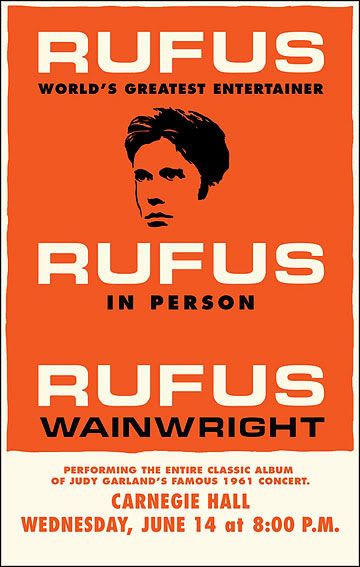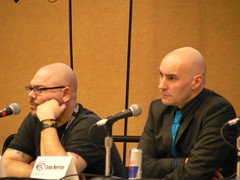Cover Stories

I wonder what Sturtle would make of the cover they didn't run?
On the internet, nobody knows you're a bear.

Lastly, Mandisa Hundley — who from here on out I will refer to as Mandisa! — was already a front-runner based on her revelatory Hollywood-week takes on ''Dim All the Lights'' and ''Band of Gold,'' but by confronting Simon tonight over the cruel remarks he made about her weight at her initial audition, the zaftig stunner claimed Idol status in households across the nation. Tell it!Your breakdown of the Top 24 into categories ("The sure things", "the vulnerable favorites", "the intriguing longshots", "snowball's chance" and "hell to the no!") was spot-on. The four contestants eliminated this week all fell into the categories "longshots" (Becky, Patrick), "snowballs" (Bobby) and "httn" (Stephanie).


 Sturtle (who I love) posts Brokeback II: The Reunion.
Sturtle (who I love) posts Brokeback II: The Reunion. 








 I thought that my vintage iPod (no video!) was getting old. Turns out it wasn't my iPod; it was just the firewire cable. Thank god the replacement was only $19.
I thought that my vintage iPod (no video!) was getting old. Turns out it wasn't my iPod; it was just the firewire cable. Thank god the replacement was only $19.